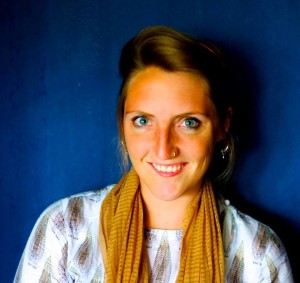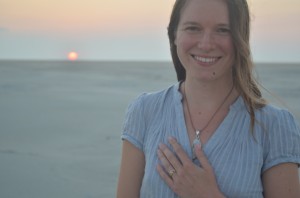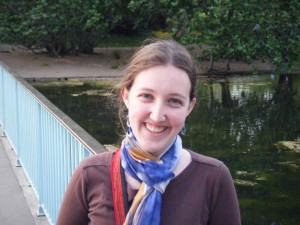Wangari Maathai, to the detriment of Kenya and the world, died last September. She was a storyteller, a scholar, a feminist, an advocate, and an environmentalist. She founded the Green Belt Movement, a nonprofit organization that has as its mission “to mobilize community consciousness – using tree planting as an entry point – for self-determination, equity, improved livelihoods and security, and environmental conservation.” In 2002 she was elected to the Kenyan Parliament. She was awarded the 2004 Nobel Peace Prize “for her contribution to sustainable development, democracy and peace”.
In her memoir, Unbowed, Wangari Maathai carries on the Kikuyu tradition of her ancestors in a way that lures the reader in. What might at first seem to be no more than pretty stories are actually complex narratives. They are full of interwoven lessons about the natural curiosity of a child, about nature and family dynamics and history and politics, and about injustice and the destruction of an ecosystem and a culture.
Professor Maathai has a lot to teach a would-be religious public scholar. In addition to her formal education, which would be impressive even now but was even more remarkable for an African woman in the 1960s and early 1970s (a BS in Biology, MS in Biological Sciences, and PhD in Anatomy) she learned by observing the world around her. Maathai noticed what was happening around her and asked questions – how, and why. She was able to sort through the conflicting traditions and worldviews of her Kikuyu upbringing, the colonial influence, and what she experienced in the United States, and determine what was valuable and what could or should be discarded. Those qualities – keen observation and critical thinking – empowered her to empower others. She wrote four books in addition to countless letters to newspapers and government leaders. Her work drew the attention and admiration of influential people around the world… and a great deal of negative attention from the powers she challenged.
Wangari Maathai was the kind of person I want to be, not because she was famous, or because she won the Nobel Peace Prize, and not only because of her self-confident spirit. She would have been a scholar even without her impressive formal education. (I loved the childhood stories of her trying to pick up frogs’ eggs and digging up seeds to see what was happening to them underground.) She recognized that Kenyan women, and then all Kenyan people, were being deprived of the rights they deserved. She recognized how the colonial-influenced destruction of the forests and the soil were having a negative effect on their quality of life. Others may have seen the same things, but she saw the intersection of the two.
Maathai was able to accomplish so much because it never occurred to her that she couldn’t. It never occurred to her that she couldn’t complete a university education, or compel the university where she taught to provide equal compensation for female professors, or expose and overturn the corruption of the Kenyan judicial system, to bring peace and democracy to her nation, or restore its damaged ecosystem. Among her many endearing traits is the fact that she was, apparently, genuinely surprised when her actions didn’t bring about the expected result. She refused to be defeated. She kept moving forward in spite of ridicule, beatings, and imprisonment. Like the hummingbird in the story from the Afterword of the 2007 edition of her memoir, trying to put out a forest fire one drop of water at a time, she did the best she could. She inspired others and the ripples from her little drop of water are still rolling.
Mary Jo Bradshaw is the Pastor of All Peoples Christian Church (Disciples of Christ) in Los Angeles. She is a Doctor of Ministry student at Claremont School of Theology, with an emphasis on Urban Ministry. She is an occasional contributor to Women Who Speak in Church.











